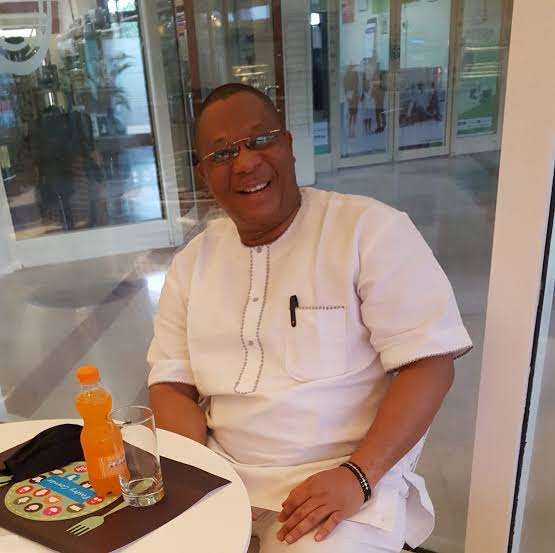Embracing The Politics Of Inclusiveness: A Panacea For Peace, Stability And Human Capital Development In Nigeria
Posted on April 22, 2024
ELTON ONWU

Nigeria, a nation renowned for its cultural diversity and pluralism, has long grappled with the challenges of fostering peace, stability, and human capital development. Amidst this complexity, one solution stands out as a beacon of hope: the politics of inclusiveness. By embracing this approach, Nigeria can unlock the doors to a more harmonious, prosperous, and developed society.
Inclusiveness is not merely a buzzword; it is a deliberate political strategy that acknowledges and values the diversity of Nigeria’s ethnic, religious, and cultural groups. It recognizes that every citizen has a stake in the nation’s progress and deserves an equal opportunity to contribute and thrive. By promoting inclusiveness, Nigeria can address the longstanding grievances and sense of marginalization that have fueled conflicts and hindered development.
The benefits of inclusiveness are multifaceted. Firstly, it promotes peace by creating a sense of belonging among all citizens, reducing feelings of exclusion and resentment that can drive conflict. Secondly, inclusiveness fosters stability by encouraging active participation in the political process, ensuring that diverse perspectives are represented and heard. This, in turn, leads to more informed decision-making and more effective governance.
Furthermore, inclusiveness is essential for human capital development. When all citizens feel valued and empowered, they are more likely to invest in education, healthcare, and entrepreneurship, driving economic growth and prosperity. Inclusiveness also enables Nigeria to tap into its rich cultural diversity, leveraging the unique strengths and talents of each group to create a vibrant, innovative society.
To achieve inclusiveness, Nigeria must prioritize political reforms that promote representation, participation, and empowerment. This includes electoral reforms, affirmative action policies, and grassroots initiatives that amplify marginalized voices. Additionally, education and cultural exchange programs can help break down barriers and foster greater understanding among diverse groups.
In conclusion, the politics of inclusiveness offers a powerful solution to Nigeria’s quest for peace, stability, and human capital development. By embracing this approach, Nigeria can harness the strength of its diversity, unlock the potential of its citizens, and build a brighter future for generations to come.
© Elton Onwu.
April 2024
Categorised as : Opinion
No Comments »






